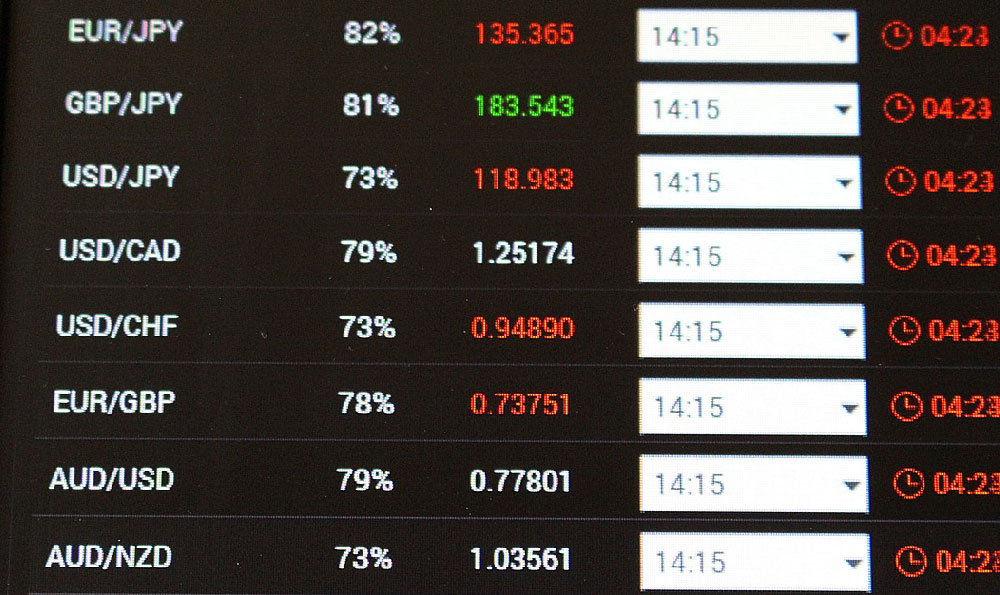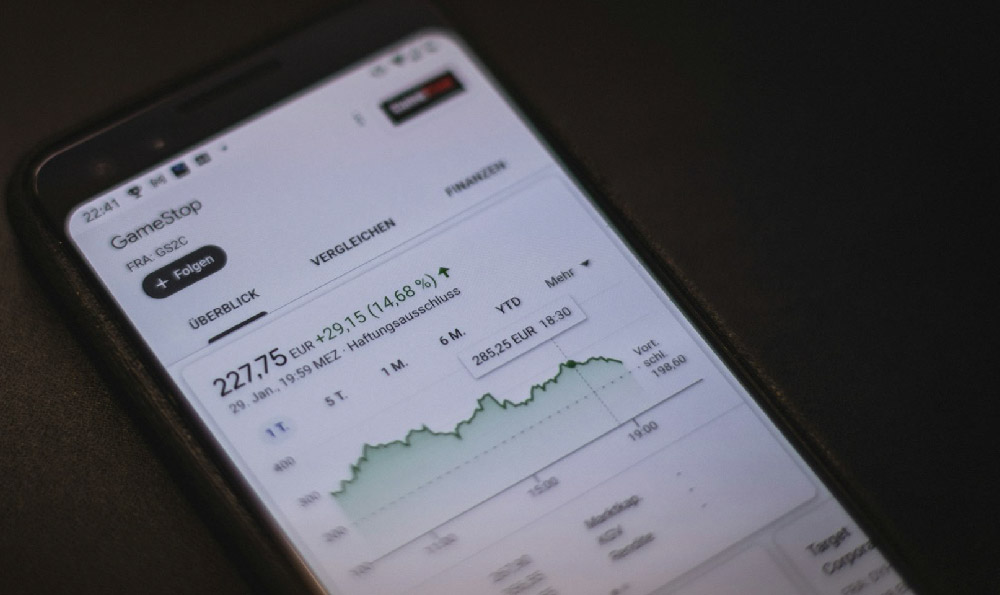How Do Roblox Developers Earn Money: Monetization Strategies and Revenue Streams

Roblox has become a prominent platform in the realm of virtual experiences, offering developers a unique opportunity to generate income through a variety of creative and innovative strategies. As a leading game development environment, Roblox’s economic model primarily revolves around Robux, its in-game currency, and the monetization tools it provides. However, the intersection of this virtual ecosystem with broader investment opportunities, including digital assets and decentralized finance, presents a compelling case for developers and investors alike. For those seeking to understand how Roblox developers earn money, it’s essential to explore the multifaceted revenue streams and monetization tactics that drive financial success on this platform.
The foundation of monetization on Roblox lies in the platform’s user-driven economy, where developers can leverage both traditional and emerging methods to create value. One of the most direct approaches is through the sale of virtual items, such as clothing, accessories, and in-game props, which users can purchase with Robux. These items often serve as a form of digital collectible, and their demand is influenced by trends, creativity, and the appeal of user-generated content. Developers who focus on crafting high-quality, niche-specific virtual goods tend to find a loyal customer base, particularly within communities that prioritize unique and immersive experiences. The marketplace on Roblox, which allows developers to list their creations for sale, also fosters a sense of competition, pushing creators to innovate and optimize pricing to maximize profits.
Another lucrative avenue for Roblox developers is the integration of advertising and sponsored content into their games. The platform offers a suite of advertising tools, including banner ads, in-game promotions, and branded experiences, which enable developers to monetize their audience reach. For instance, developers can collaborate with brands to create in-game advertisements that align with their content, generating passive income while enhancing user engagement. This strategy is particularly effective for games with high traffic or those that cater to brand-conscious demographics. However, it’s crucial for developers to balance monetization with user experience, as intrusive ads can lead to reduced player retention and negative feedback.

Subscriptions and membership models represent a more sustainable revenue stream for Roblox developers, especially those who create content with recurring value. By offering exclusive in-game content, special features, or community perks, developers can encourage users to subscribe, providing a steady income while fostering a sense of loyalty. This approach is advantageous for long-term projects, as it ensures a consistent cash flow. Additionally, developers can partner with other creators to offer bundled subscriptions, leveraging cross-promotion to expand their reach and revenue potential.
The role of virtual experiences in monetization cannot be overstated. Roblox developers who create engaging and interactive content, such as collaborative games, educational modules, or social simulations, often see increased revenue influxes. These experiences not only attract users but also encourage them to spend more on virtual items or subscription tiers. The platform’s emphasis on user participation and community building creates a dynamic environment where developers can experiment with new monetization techniques while maintaining a strong connection with their audience.
Beyond the game itself, Roblox developers can also monetize through external partnerships and ancillary services. For example, some creators monetize their content by promoting affiliated products or services within their games, such as in-game purchases tied to real-world brands. This strategy can lead to additional revenue channels but requires careful alignment to avoid alienating users. Additionally, developers may explore opportunities in the metaverse, such as creating virtual experiences that integrate with blockchain-based assets, enabling new forms of ownership and transaction. As the metaverse continues to evolve, these emerging opportunities could provide developers with innovative ways to generate income.
While Roblox offers a range of monetization strategies, developers must also consider the broader economic implications of their actions. The platform’s dependence on Robux and its associated payment systems creates a closed-loop economy, which can limit exposure to external financial instruments. However, as the cryptocurrency and decentralized finance (DeFi) sectors grow, developers may find ways to integrate these technologies into their offerings. For instance, some creators have begun experimenting with NFTs (Non-Fungible Tokens) to represent unique virtual assets, allowing users to invest in these items as part of a larger digital economy. This trend presents both opportunities and risks, requiring developers to balance innovation with regulatory compliance and user trust.
From an investment perspective, Roblox developers can be viewed as participants in a rapidly expanding virtual market. While their income is primarily generated through the platform, investors may choose to back these creators through equity investment, crowdfunding, or even token-based models that reflect ownership stakes in virtual assets. This approach allows investors to support or monetize developers’ success, but it’s important to evaluate the scalability and long-term viability of these projects. Developers who prioritize user engagement, quality content, and robust monetization strategies are more likely to attract investment and sustain their revenue streams.
Risk management is equally critical for developers and investors in the Roblox ecosystem. The volatile nature of virtual markets, combined with potential challenges such as platform algorithm changes or user behavior shifts, requires a proactive approach to diversify income sources. Developers who rely solely on one revenue stream are vulnerable to sudden fluctuations, while those who maintain a balanced portfolio of monetization methods are better equipped to navigate uncertainty. Additionally, investors should conduct thorough due diligence before supporting a developer, assessing factors such as market demand, creative vision, and financial transparency.
In conclusion, Roblox developers have a wealth of monetization strategies and revenue streams to explore, from direct sales and subscriptions to advertising and external partnerships. While these methods can drive financial growth, they also come with inherent risks that require careful management. For those looking to invest in the Roblox ecosystem, the key lies in identifying developers with sustainable strategies and a clear vision for growth. By combining creativity with sound financial practices, developers and investors can thrive in this evolving digital landscape.















